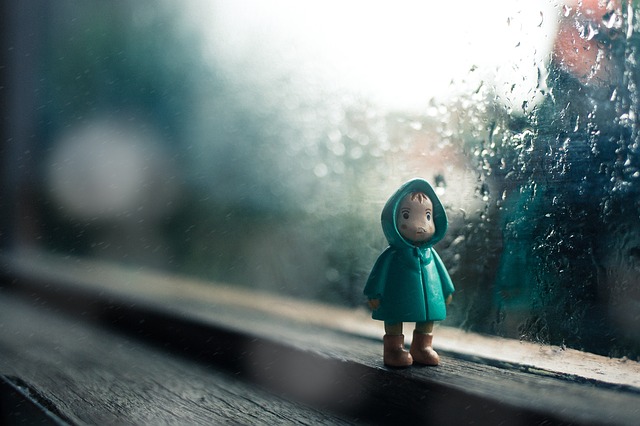What You Should Do if You Think Your Child Has Suffered a Concussion

When people think of concussions, they usually imagine a sports setting, but there are various situations that could lead to concussions outside of sports. A child can trip and fall while playing on a playground or around the house, suffer a concussion after a minor or major car collision, or simply by bumping themselves on a cabinet door. In some cases, the consequences are minor and won’t require medical treatment, but in other cases, a concussion may have occurred which will demand immediate care to prevent complications. Here’s what you should do if you think your child may have suffered a concussion.
Look for the Signs
Doctors will look at a variety of signs to see if a child may be showing concussion symptoms. Some of the symptoms of a concussion include worsening nausea, persistent confusion, violent headaches and vomiting, loss of vision, weakness in some parts of the body, slurred speech or inability to speak, amnesia or seizures.
If your child exhibits any of these symptoms, then you should seek emergency care immediately and possibly have a CT scan performed. However, the average urgent care facility might not have a CT scan machine and emergency rooms can be overcrowded, which isn’t the best atmosphere for a child. A specialized facility like The Urgency Room will be able to provide immediate care without having to wait hours in an emergency room while the symptoms worsen.
Concussions in Younger Children
There are some cases when children cannot verbalize their symptoms, which can make it difficult to tell if they suffered a concussion or not. In this case, you’ll have to use your sense of observation after your child has fallen or hit themselves for any signs. Behavioral changes can be a sign of a concussion.
In addition to the symptoms we just mentioned, try to look for things like loss of coordination, balance or loss of consciousness. If the child suddenly become inconsolable or refuses to eat or nurse, this could be another sign.
Recovery from Concussions
The most important aspect of recovery after a concussion is rest. While resting for a few days will usually be recommended, too much rest may actually do more harm than good. Isolating the child from social activity may not be too helpful either. The same goes for mental activity; while a little bit of rest at first may help, mental activity may actually improve recovery after a while.
Some light physical exercise after an initial period of rest will help rebuild neural connection in the brain and improve cognitive function in children recovering from concussion. If your child has to return to school, the CDC has laid out guidelines for parents. These include less homework, more break times and longer time periods for tests.
While recovery times vary from child to child, kids will usually take about four weeks on average to recover after a concussion.
If you suspect your child may have a concussion, don’t hesitate and seek treatment immediately. And if you can, try to get the fastest treatment possible to prevent symptoms from aggravating.
